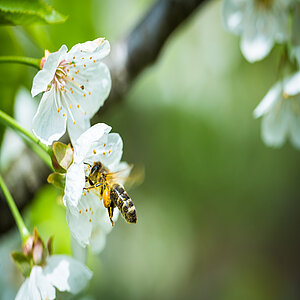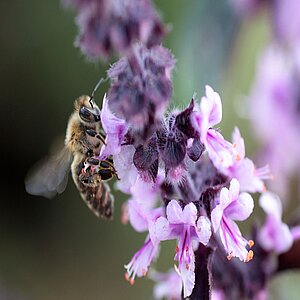Farming with Alternative Pollinators in North Africa
![Field with coriander and sunflowers [Translate to English:] Feld mit Koriander und Sonnenblumen](/legacy/_processed_/1/8/csm_200520-Pchanter_field_3_23154268b2.jpg)
In an interview, Dr Stefanie Christmann talks about the concept "Farming with Alternativ Pollinators", about which she has also produced a film.
The organisation International Center for Agricultural Research in the Dry Areas (ICARDA) is committed to the protection of pollinator insects in North Africa. In an interview, Dr Stefanie Christmann talks about her work for ICARDA, about which she has also produced the film "Gain better yields by protecting pollinators".
What is the project about?
Dr. Stefanie Christman: Pollinator protection in Europe and the USA mainly refers to rewarding farmers for seeding wildflower strips. Similar schemes used are too expensive for low and middle income countries. Therefore, about ten years ago I developed a new scalable approach for pollinator protection called Farming with Alternative Pollinators. FAP uses marketable habitat enhancement plants instead of wildflowers, so farmers can produce in the entire field. FAP increases farmers’ incomes by better quantity and quality of crops and reduces the need for chemicals.
How does the concept work?
A cross-sector policy mix mainstreams the approach. We show farmers, policymakers and people the value of two ecosystem services – pollination and pest control. We train, how to meet the habitat requirements of wild pollinators and how to create win-win-situations for pollinators and people by low-cost adjustments of current management.
What were the biggest challenges in working with farmers?
Farmers often regard all insects except honeybees as potential pests. Therefore, we produced files with photos of pollinators and several films to show farmers important pollinators in their fields. Our partners distribute them to farmers.
In the beginning, farmers are sceptical, if seeding strips of coriander, okra, sunflower or anise would really increase their income. As soon as they observe the differences, for instance higher productivity, better quality or higher abundance of wild pollinators, they get interested.
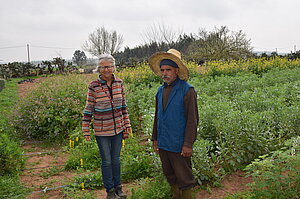
People are not aware how rapidly and to which extent pollinator loss can affect their livelihoods and countries. In the film, I explain these impacts, how to prevent such loss and crosscutting benefits derived from pollinator protection. This broader background is also part of the film and it can support you for example in your dialogue with policymakers.
What are the top achievements of this project?
Morocco joined the coalition of the willing on pollinators on 10 May 2019 as the first Arabic country and currently works on a national strategy and action plan for pollinator protection, which would be scalable even in low-income countries. We have high increase of net-income per surface and remarkable reduction of pest abundance and need for chemicals in FAP fields.
Why did you choose to do the project in this particular area or region?
The countries bordering the Mediterranean in the South and the East have similar landscapes and agricultural production, so experience from one country can easily be adapted and adopted by other countries. Most of all Morocco and Turkey have high biodiversity. However, it is important to know that you can use FAP in all countries worldwide.
Do you have any key message that you would like to share with our readers on the pollinator protection?
Watch and promote this video, start implementing FAP in your country. Pollinator protection with FAP can support your people – and give hope in these difficult times set by Corona. Our vulnerability to the virus shows us the importance of multi-facetted long-term resilience. If you protect pollinators, you also increase the climate change resilience of your countries.
The link has been copied to the clipboard
Contact
IKI Office
Zukunft – Umwelt – Gesellschaft (ZUG) gGmbH
Stresemannstraße 69-71
10963 Berlin



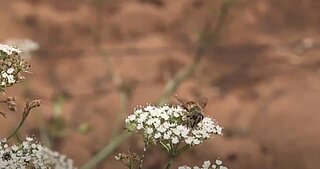



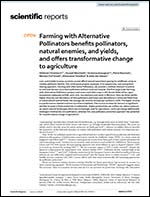
![[Translate to English:] Pollinators protection](/legacy/_processed_/1/a/csm_200518_Pollinators_protection__Thumbnail_08bf22a8d2.png)
